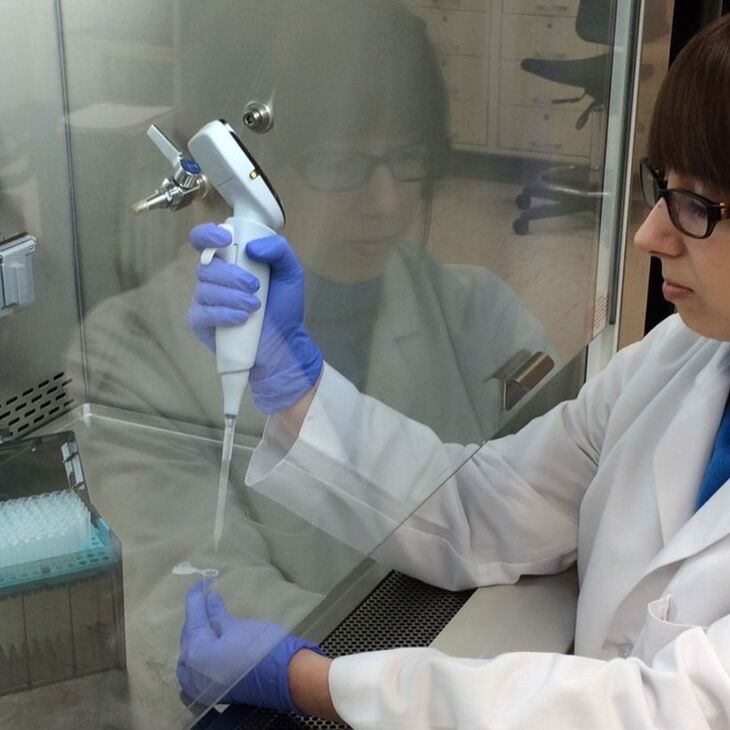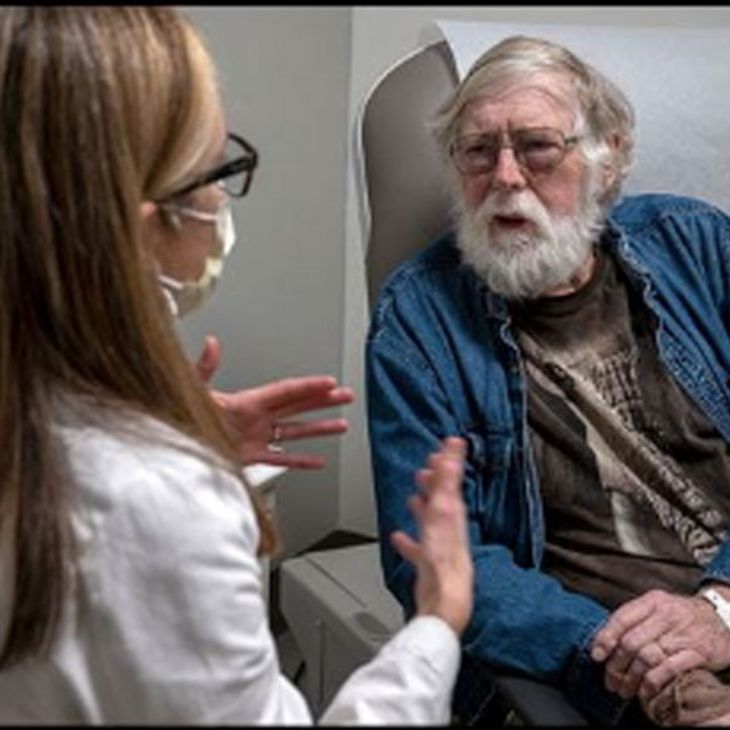A College of Nursing faculty researcher from The Ohio State University is studying the effects of dietary fish oil supplementation on the healing of chronic venous leg ulcers (CVLUs).
Led by Jodi McDaniel, PhD, RN, the funded National Institutes of Health (NIH) grant entitled "Testing Fish Oil Derivatives in Healing of Chronic Venous Leg Ulcers" focuses on the cellular and molecular mechanisms through which fish oil supplements impact this type of skin ulcer, widely considered to be a serious health problem due to its high recurrence rates and prevalence, particularly among the aging population.
In this innovative study, McDaniel will test if supplementing diets with long-chain omega-3 eicosapentaenoic (EPA) and docosahexaenoic (DHA) polyunsaturated fatty acids (PUFA), the bioactive components of fish oil, can alter the CVLU microenvironment to be more conducive to healing. The CVLU microenvironment contains high levels of polymorphonuclear leukocytes (PMN) secreting excessive amounts of proteases that lead to tissue damage, persistent inflammation and delayed healing. EPA and DHA are metabolized to lipid mediators that can reduce PMN activity, and promote inflammation resolution.
“Creative approaches to improve the treatment of CVLU are needed because current strategies involving topical therapies are often ineffective,” said McDaniel. “In particular, our understanding of fish oil components may lead to an innovative, systemic approach to augment standard care for CVLUs.”
The experimental design will be tested on CVLU patients, with one group receiving 56 days of EPA+DHA oral supplementation and the other receiving 56 days of placebo supplements. McDaniel hypothesizes that CVLU patients who have higher levels of EPA+DHA-derived lipid mediators will have lower levels of proinflammatory cytokines and lower counts of PMN-derived proteases in their wound fluid at 28 and 56 days compared to the control group. In addition, the EPA+DHA supplemented group will have greater increases in healing.
Research reported in this publication was supported by the National Institute Of Nursing Research of the NIH.




